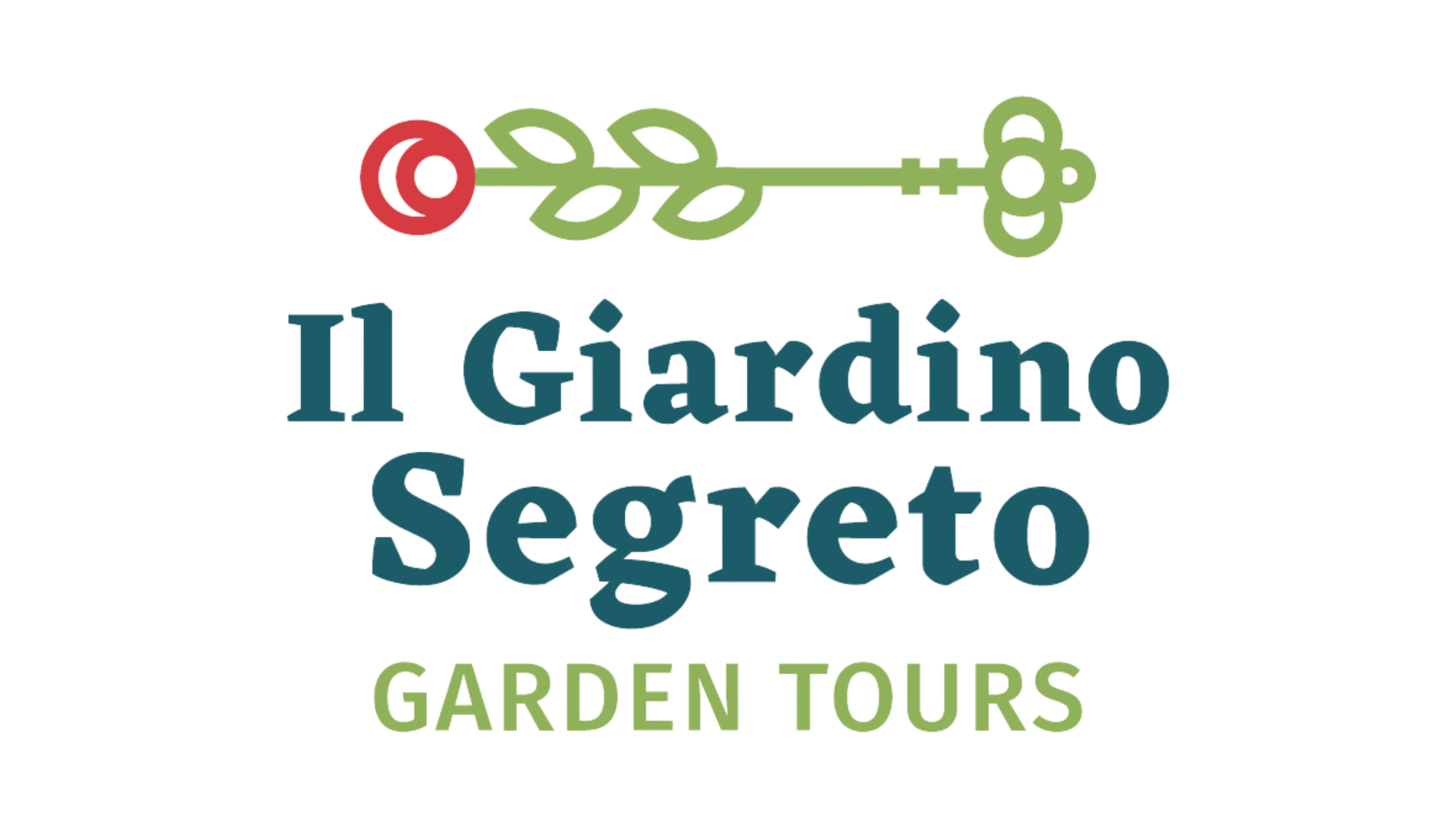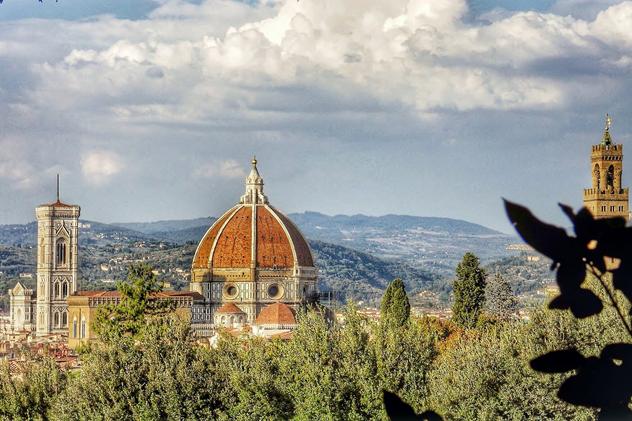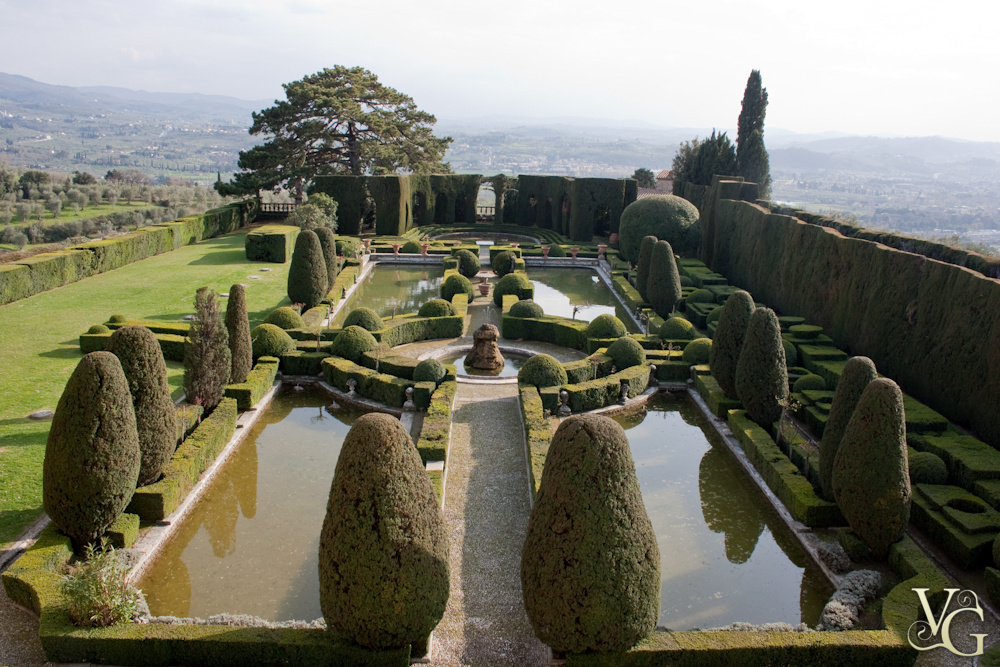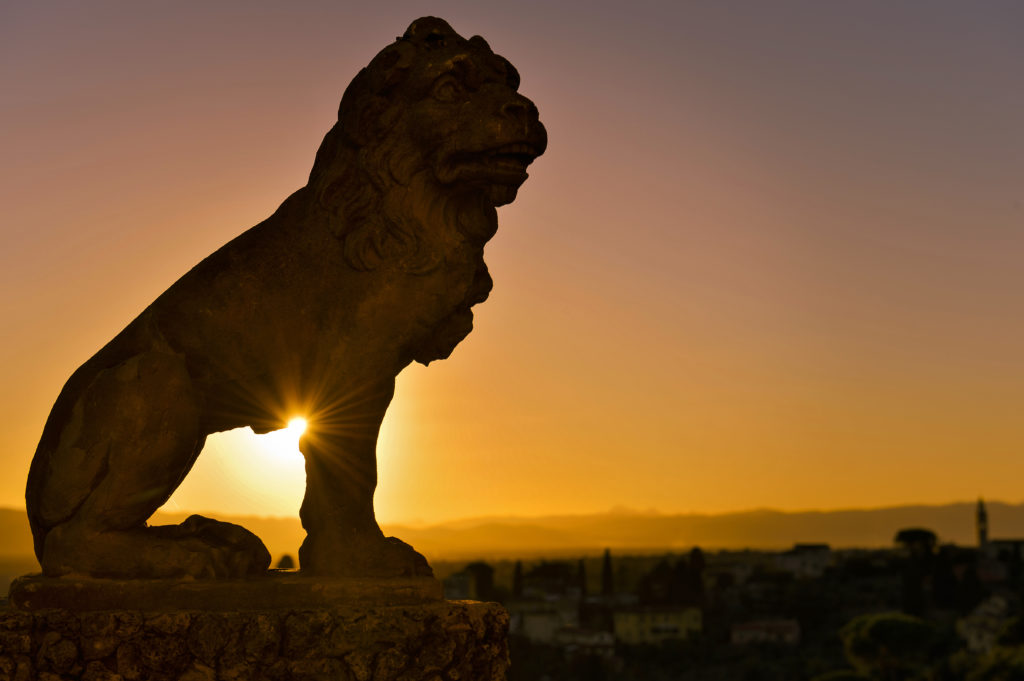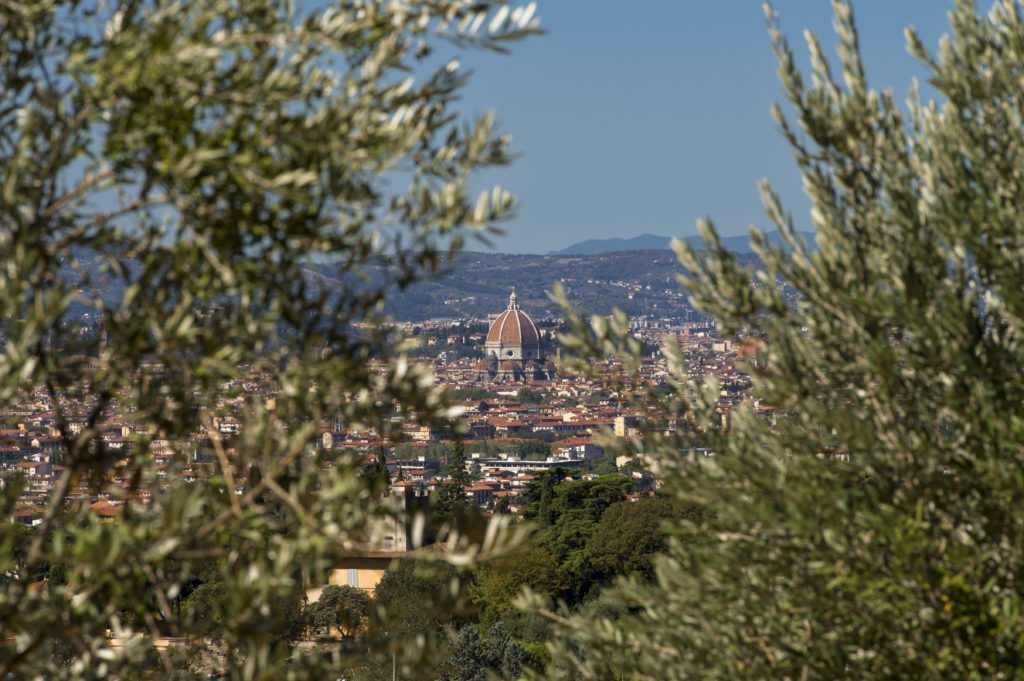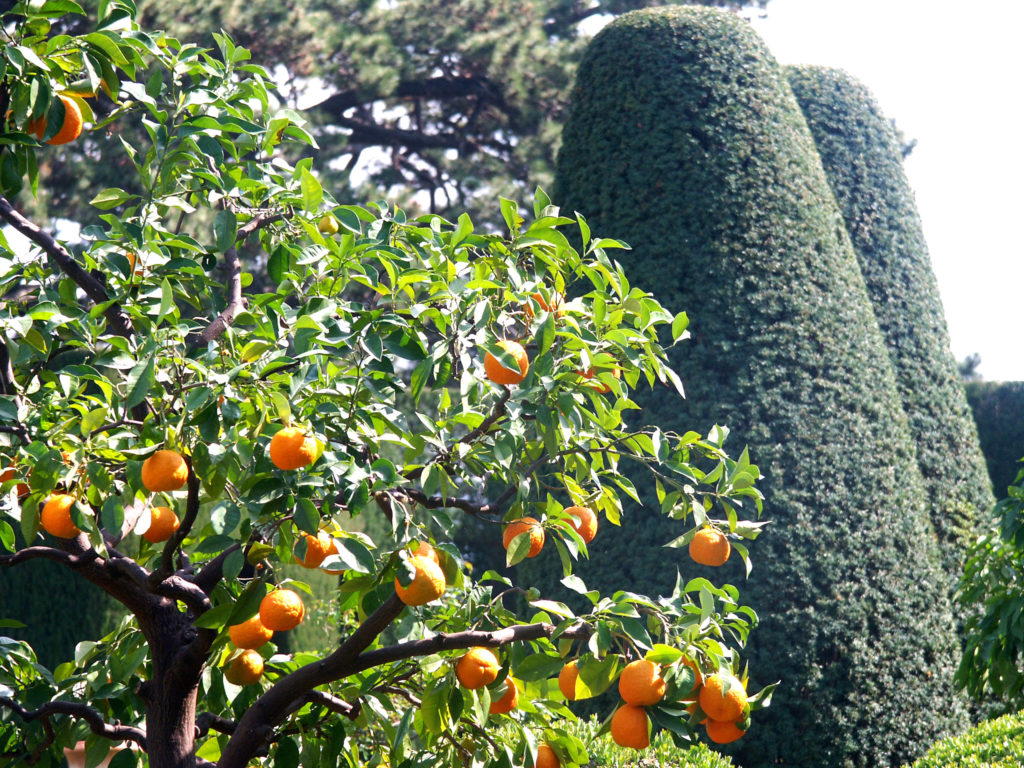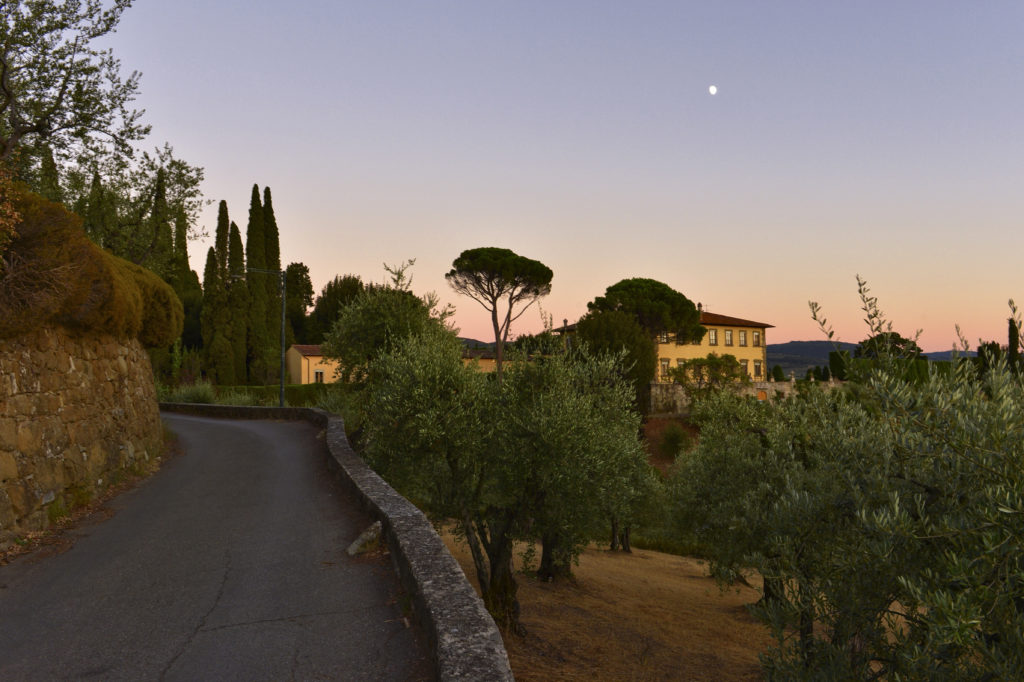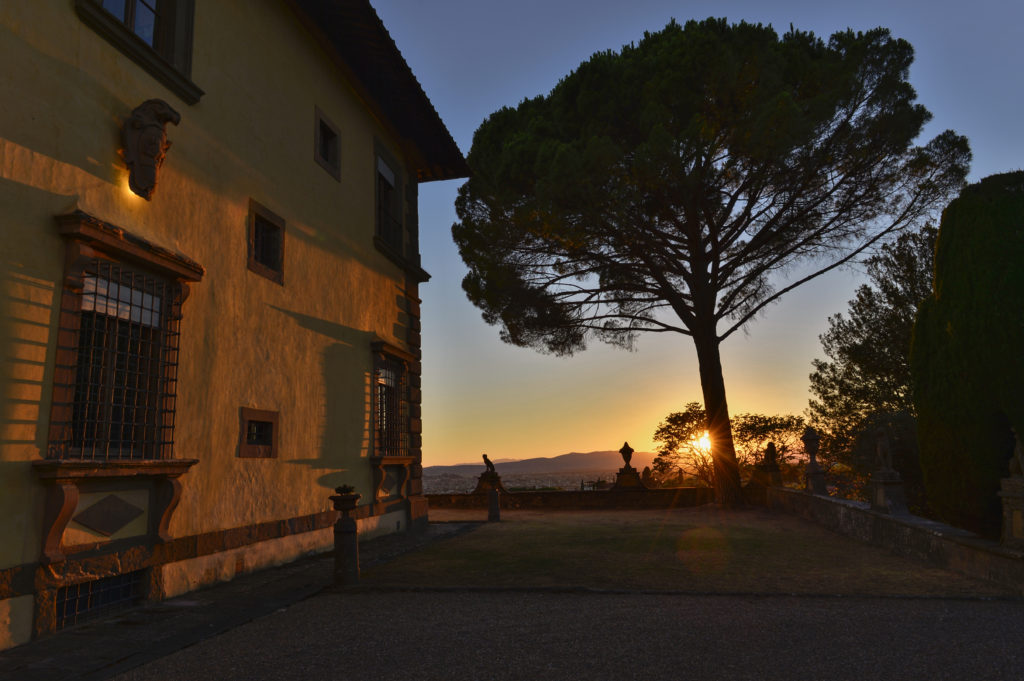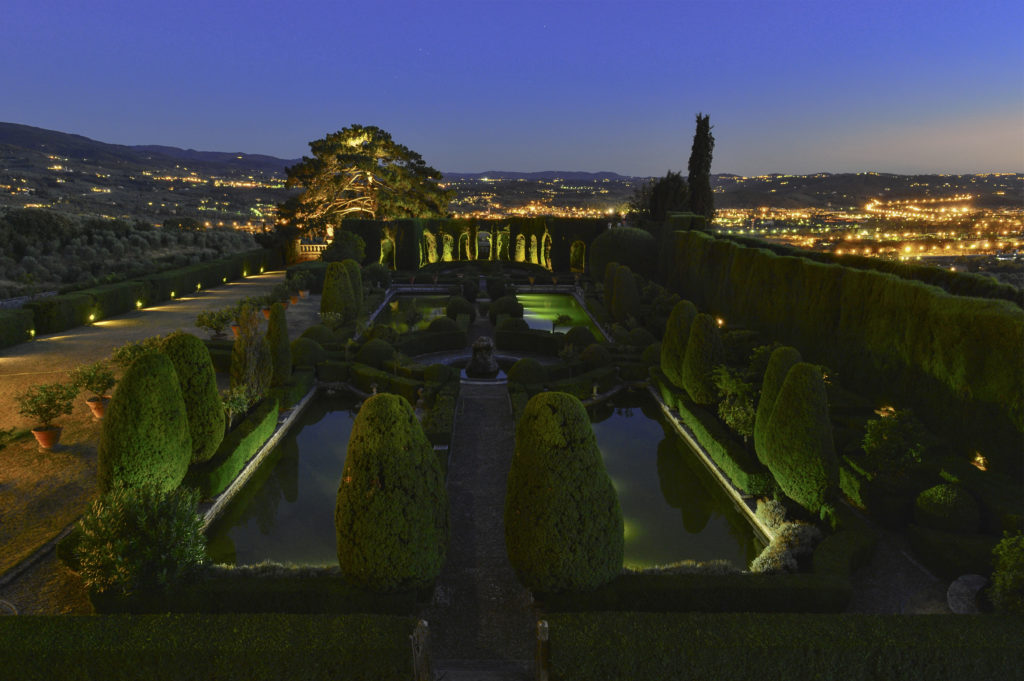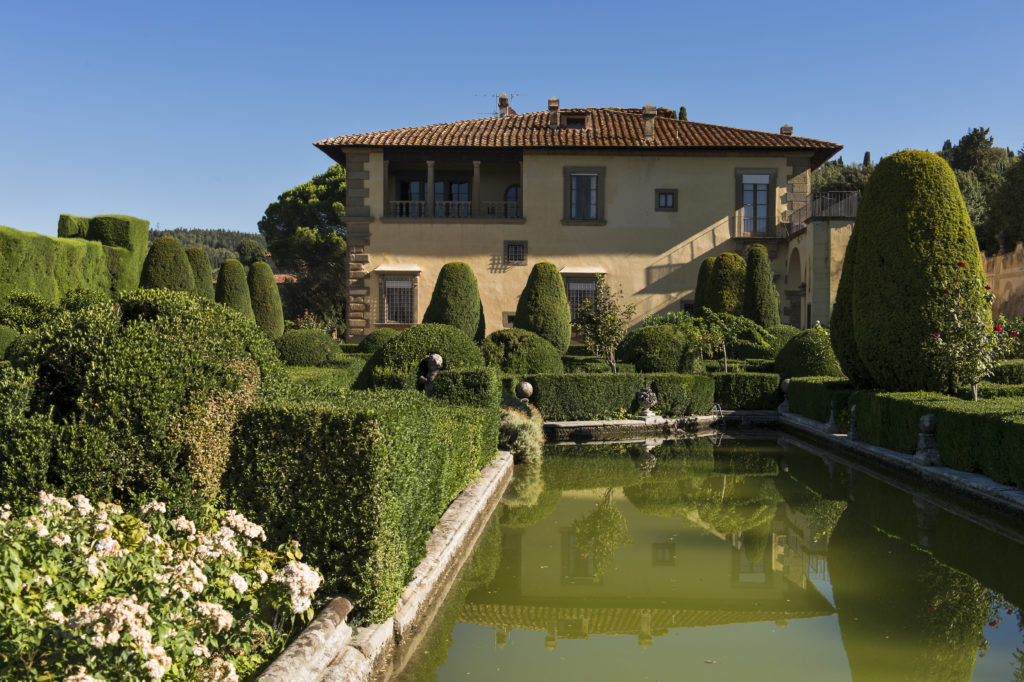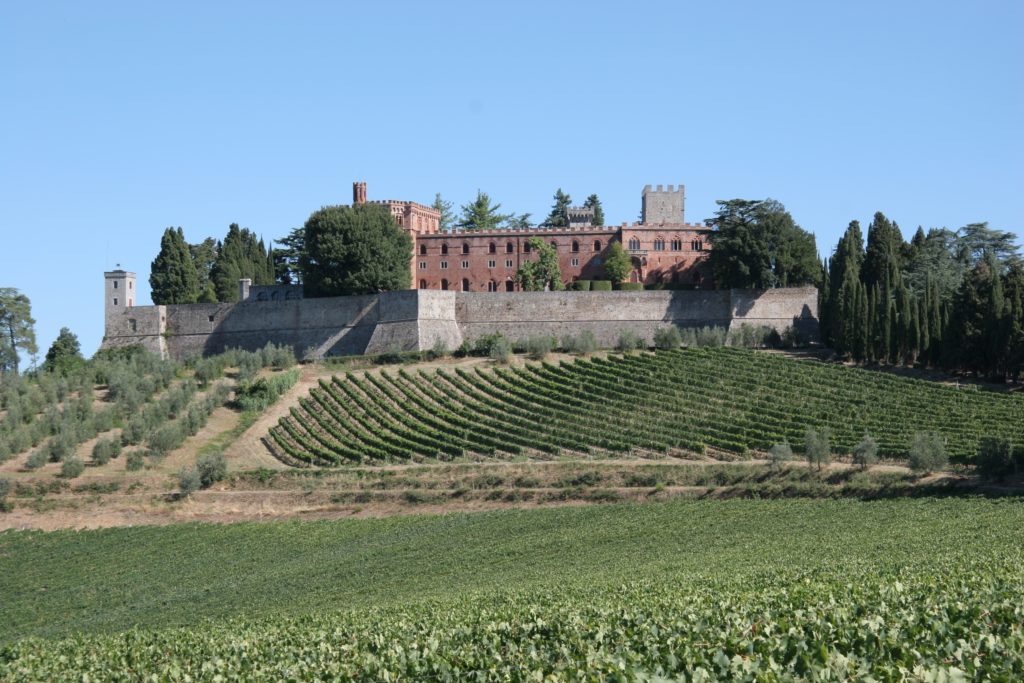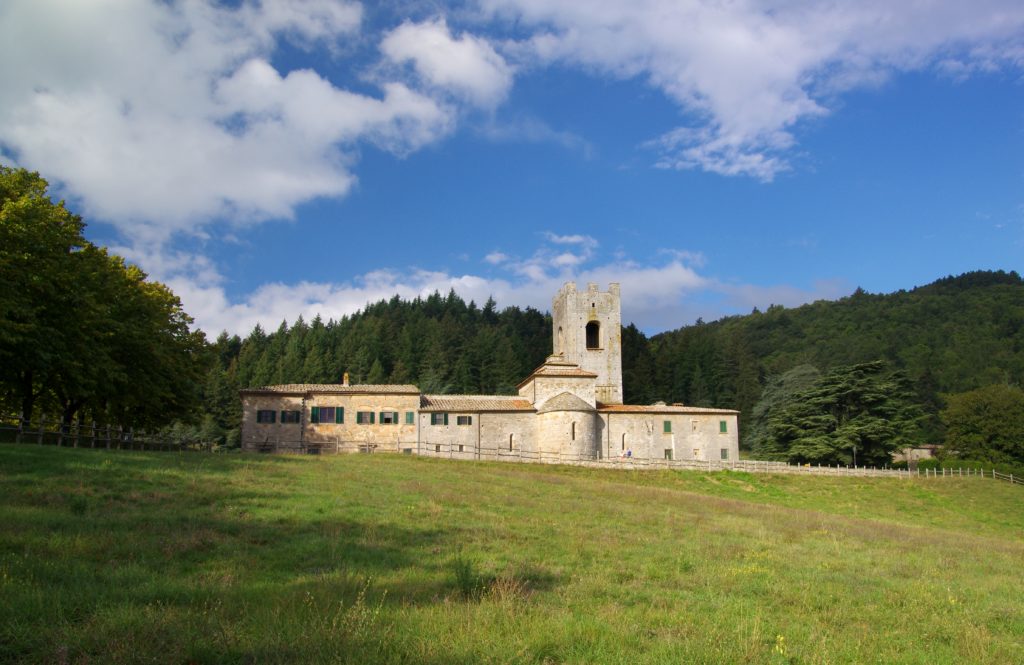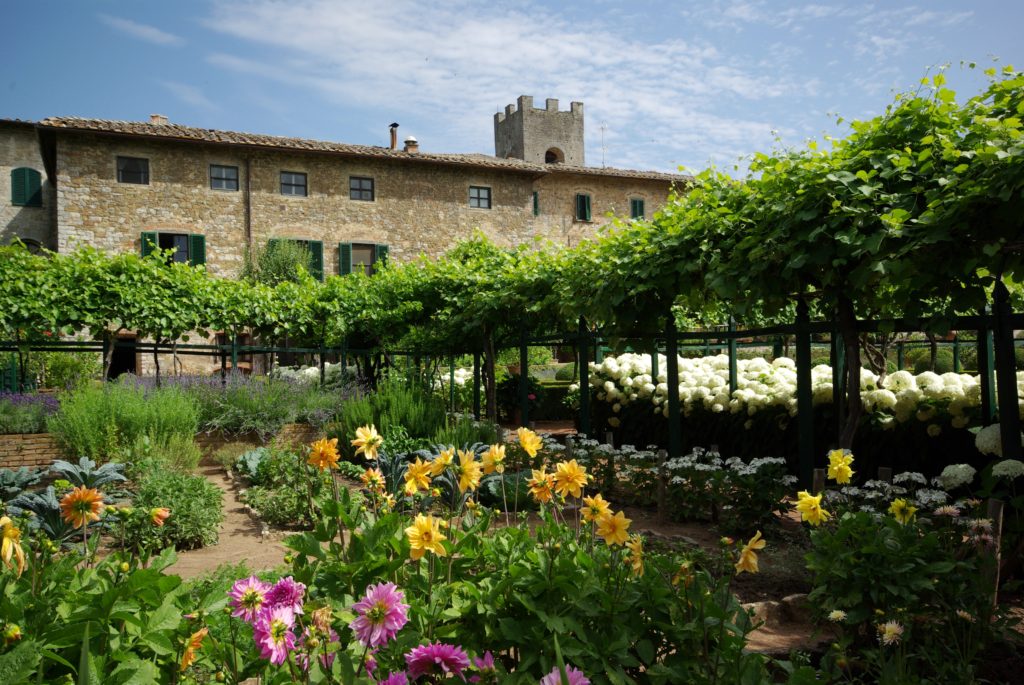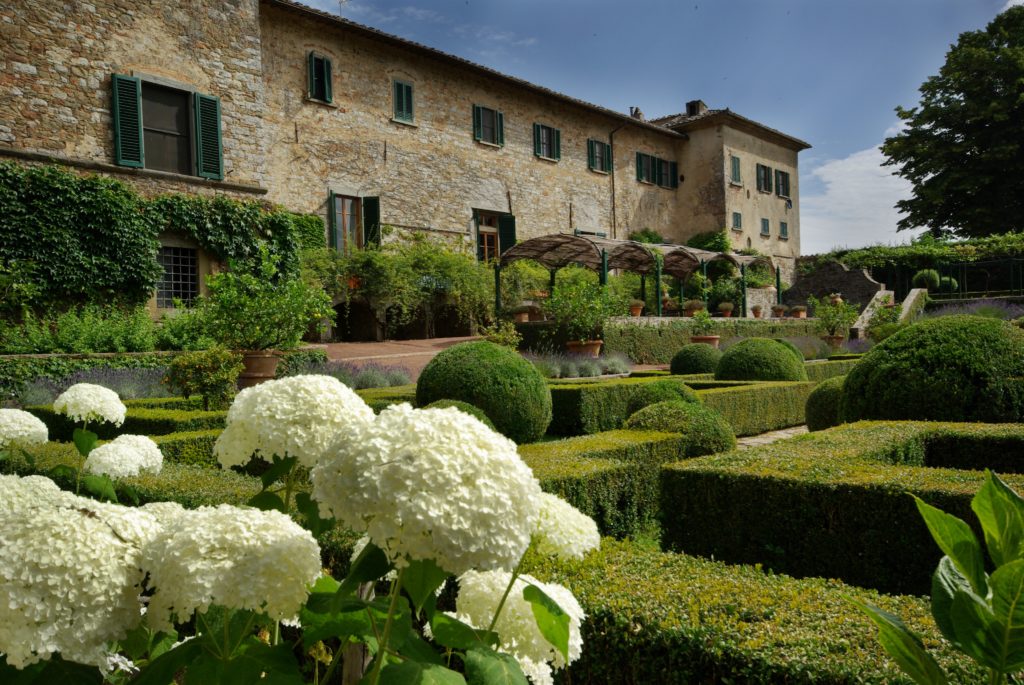

CONDITIONS
TOUR INCLUDES
- One- night accommodation in hotel and full breakfast;All dinners in hotel;Professional Tour guide;
Bus;
Guided Tours and Admissions to Gardens and Monuments in the tour;
Promotuscia customer service;
Medical and luggage insurance .
TOUR DOES NOT INCLUDE
- Flights;Drinks during meals;Hotel Service porterage;
Local taxes;
Tips.
HOTEL
ITINERARY
FIRENZE AND CHIANTI SENESE
A journey to discover the suggestive estates and palaces of Chianti.
Day 1
Departure from the Train station or Florence Airport for Settignano. Visit to Villa Gamberaia. Built on Settignano hills, near the city ,and the splendid rural area, the villa offers a splendid view over Firenze, and the Arno Valley. Stroll through the beautiful Italian gardens, which for century used to be the main attraction of the villa, and where it is possible to see the delicious landscape in the heart of Toscana. Lunch,(included in the tour). Afterwards , drive to Senzano, where you can enjoy a nice coffee in a private residence with the owners. Then, visit to Villa Antinori del Cigliano. Built on the second half of ‘400, above existing medieval ruins, the villa was bought at the end of ‘400 by Alessandro Di Niccolo Antinori , and even today it is under the ownership of Eleonora Antinori’s heirs, who passed away lately. In the courtyard of the villa, there are two majolica garlands conferred to Giovanni Della Robbia, which represent the emblem of Antinori and Tornabuoni, in memory of the wedding between Alessandro Antonori in 1513. The villa, whose rooms preserve the original Renaissance style, features a beautiful garden, a big tank, and their characteristics date back to the second half ‘600. In the garden, there is also an interesting Nettuno fountain decorated with river stones and shells. Afterwards, stop in Villa Vignamaggio, a Tuscany historic dwelling built in 1300. Recently, the villa has been a film location for the movie “Much Ado About Nothing” and other television programmes. After the visit, departure for Senzano, and arrival in hotel. Check in to the hotel between two historic residencies Leopoldo Palace and San Niccolo Palace, located in Radda, a small village in Chianti . Dinner in a near restaurant, just a stone’s throw from the hotel.
Day 2
Breakfast in hotel, and check out.
Departure and visit to Badia in Coltibuono.
Near the ruins of the ancient Abbey, turned into a villa, there is a church with a giant bell tower. The church of S. Lorenzo was built in 1049 by order of Firidolfi, the lords of the area, who, in 1095 planned the construction of a hospice for pilgrims. At the beginning of ‘400, the monastery had just few monks, and suffered conflicts between Siena e Firenze. Later on, in order to improve its financial conditions, the monastery was given to high prelates such as Giovanni De Medici, ( the future Pope Leone X). When Siena was defeated and conquered by Firenze, the monks enlarged the property. In 1710 the cellars were added to the property, and even today they are still in use. The 10 December 1807, the troops of Napoleon reached Firenze ,and seized the propertiy. Coltibuono was put on sale, but none bought it. In the end, the French resold the religious assets, organizing lotteries, whose first prize was an Abbey or a Religious Property. In 1846, the Giuntini Family bought Cotlibuono which even today belongs to the same family. In 1939, Marilu Giuntini transformed Coltibuono into an attractive and welcoming place, and thanks to her friendship with Bernard Berenson, Coltibuono also became a cultural meetings location. Next stop is Brolio Castle in Chianti, owned by Baron Ricasoli. Tour of gardens, chapel, and Ricasoli’s collection. The origins of the castle date back to the medieval time. Due to the swap of lands, the castle became an asset of Ricasoli. Because of Brolio geography position between Siena and Firenze, the castle was the battle field of the two cities, which ended when Firenze prevailed over Siena. Not to forget that since the fifteenth, it was attacked by the Spanish and Aragonese, and during the second world war, suffered damages due to aerial bombardments. The castle is surrounded by 1240 hectares of vineyard which belong to a firm that produces the wine know as Chianti Classico. The territory is made of valleys, oaks, hazelnuts woods, olive groves, that grow in this broad
range of fertile soils, also helped by the mild climate of the area. At the end, transfer to Zonin Residence to have a light lunch. ( it is offered by the property). Afterwards, visit to Villa La Pietra, bought and then restructured by the banker Francesco Sassetti in 1460. The property passed on to Capponi in 1546. The cardinal Luigi Capponi, taking advantage of Carlo Fontana’s work, turned the villa the way it looks today. During the period that Firenze was the capital of the Kingdom of Italy, the villa was the headquarters of the Prussia Embassy. At the begging of the XX century, the property was bought by Arthur and Hortence Acton, who in 1904, thanks to their gardener, began the restoration works of the garden. The only part that was not touched, is the area of the ancient lemons garden , on the left side of the Villa , surrounded by a wall. The intention of Acton was to create an Italian garden on three terraces. It features many nice views over the countryside, and architectural elements which embellish the “ Stanze di Verzura” . Most of the statues bought by Arthur Acton to decorate the garden, works of Orazio Marinali and Bonazza, come from the venetian villas of Brenta. Inherited by his son Harold Acton, the villa was given to the New York University.
Transfer to the Airport or Train Station.
End of the Tour.
